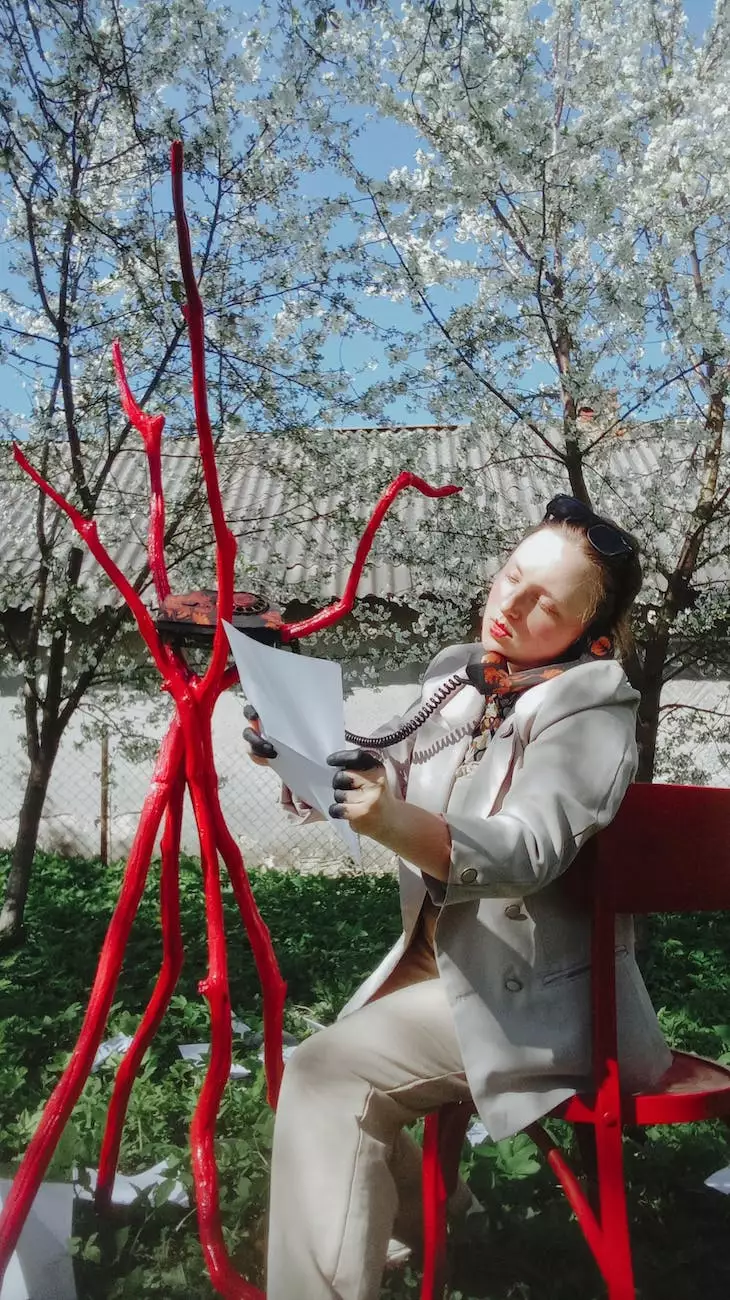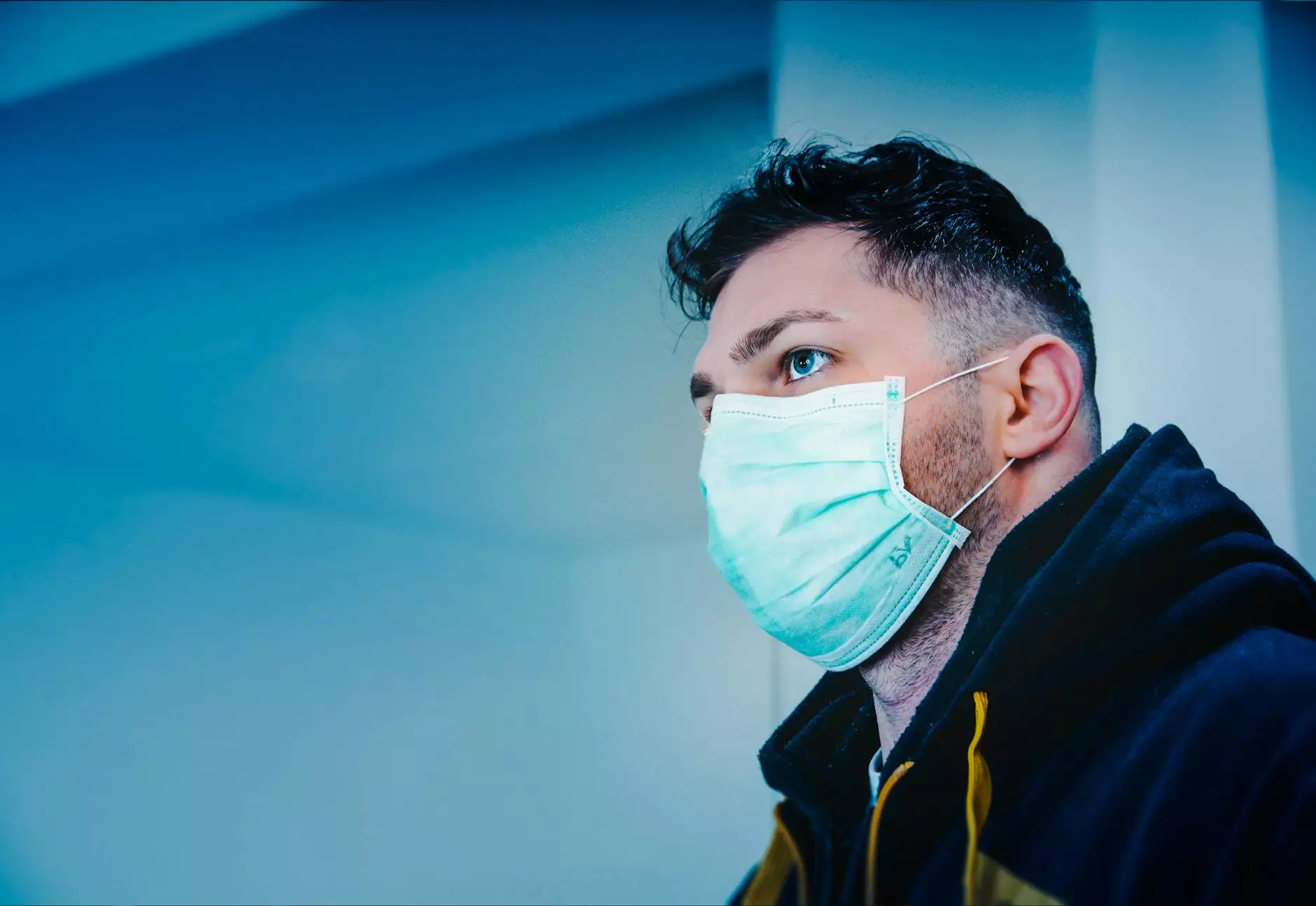If the Eyes Don't Coordinate, Reading - and Grades - May Suffer
Eye Care
At Bowling Orthopaedics, we understand the critical role that visual coordination plays in reading abilities and academic performance. When the eyes do not coordinate properly, it can have a significant impact on a student's ability to read and comprehend, ultimately affecting their grades. It is important to address these visual coordination issues to ensure optimal educational success.
The Link Between Visual Coordination and Reading
Visual coordination refers to the ability of both eyes to work together seamlessly, allowing for proper focusing, tracking, and perception. When there is a lack of coordination, it can result in a range of reading difficulties, including:
- Poor reading comprehension
- Slow reading speed
- Skipping or repeating lines
- Misreading words or sentences
- Difficulty maintaining attention
- Eye strain and fatigue
These challenges can significantly hinder a student's ability to succeed academically and may lead to frustration, lack of confidence, and even a decline in overall grades.
Identifying Visual Coordination Issues
Recognizing the signs of visual coordination issues is crucial for early intervention and effective treatment. Some common indicators include:
- Headaches, especially after reading
- Squinting or closing one eye while reading
- Tilting the head to one side
- Loss of place while reading
- Difficulty copying from the board
- Challenges with depth perception
If your child experiences any of these symptoms, it is essential to consult with an experienced optometrist or ophthalmologist who specializes in visual coordination.
Treatment Options
Our team at Bowling Orthopaedics offers comprehensive assessments and personalized treatment plans to address visual coordination issues. We utilize advanced technologies and proven techniques to enhance visual skills, thereby improving reading abilities and overall academic performance. Our approach may include:
1. Vision Therapy
Vision therapy is a highly effective non-surgical treatment method that focuses on improving visual coordination and enhancing the overall visual system. Our expert therapists design individualized programs tailored to each student's specific needs, incorporating a variety of exercises and activities that promote eye teaming, tracking, and focusing.
2. Corrective Lenses
In some cases, prescription lenses may be necessary to address visual coordination difficulties. Our skilled optometrists will perform a thorough eye examination and prescribe the most appropriate lenses to improve coordination and optimize visual clarity.
3. Environmental Modifications
We recognize the importance of creating an optimal learning environment for students with visual coordination issues. Our team can provide recommendations for environmental modifications, such as proper lighting, seating arrangements, and minimizing visual distractions, to support reading and learning.
4. Collaboration with Educators
Collaboration with educators is key to ensuring that appropriate accommodations and support are provided within the classroom setting. We work closely with teachers and educational professionals to develop strategies that promote success and accommodate individual visual needs.
Improving Academic Performance
By addressing visual coordination issues, students can experience notable improvements in academic performance. With enhanced reading abilities, they will be able to comprehend texts more effectively, read at a faster pace, and maintain focus for longer periods. This, in turn, can have a positive impact on their overall grades and self-confidence.
At Bowling Orthopaedics, we are committed to helping students overcome visual coordination challenges and reach their full potential academically. Contact us today to schedule a consultation and begin the journey towards improved reading skills and academic success.




